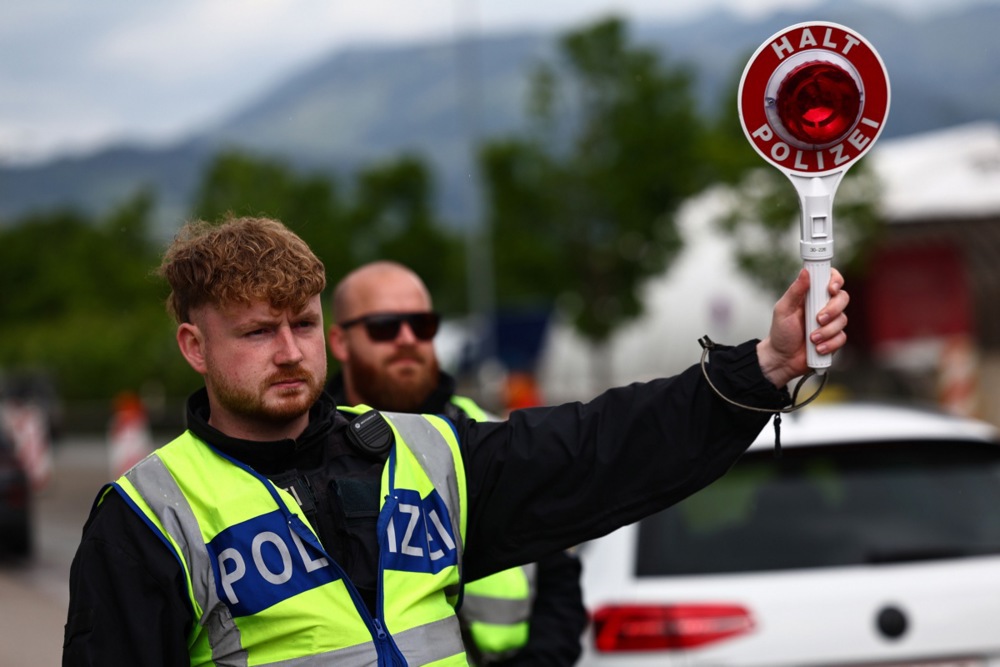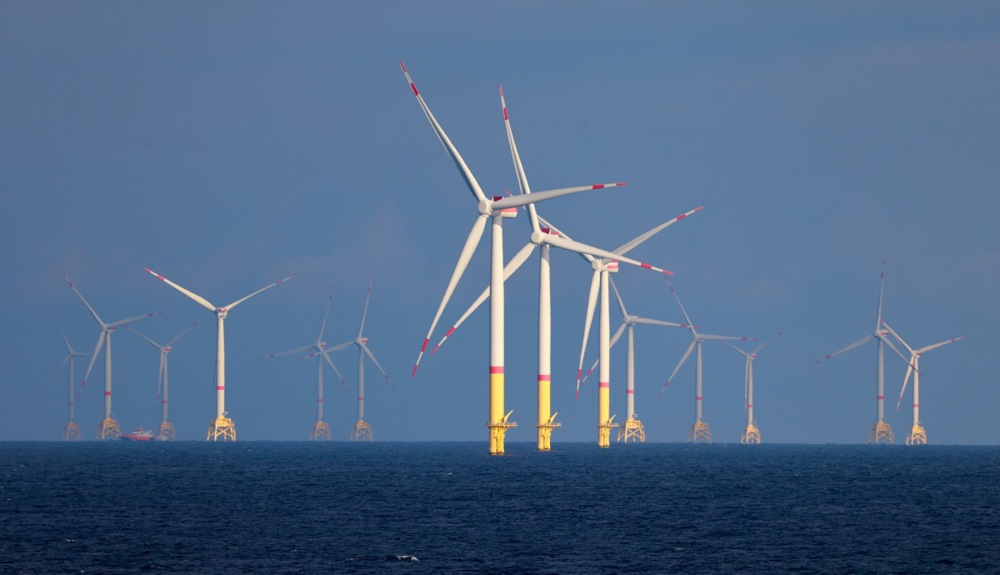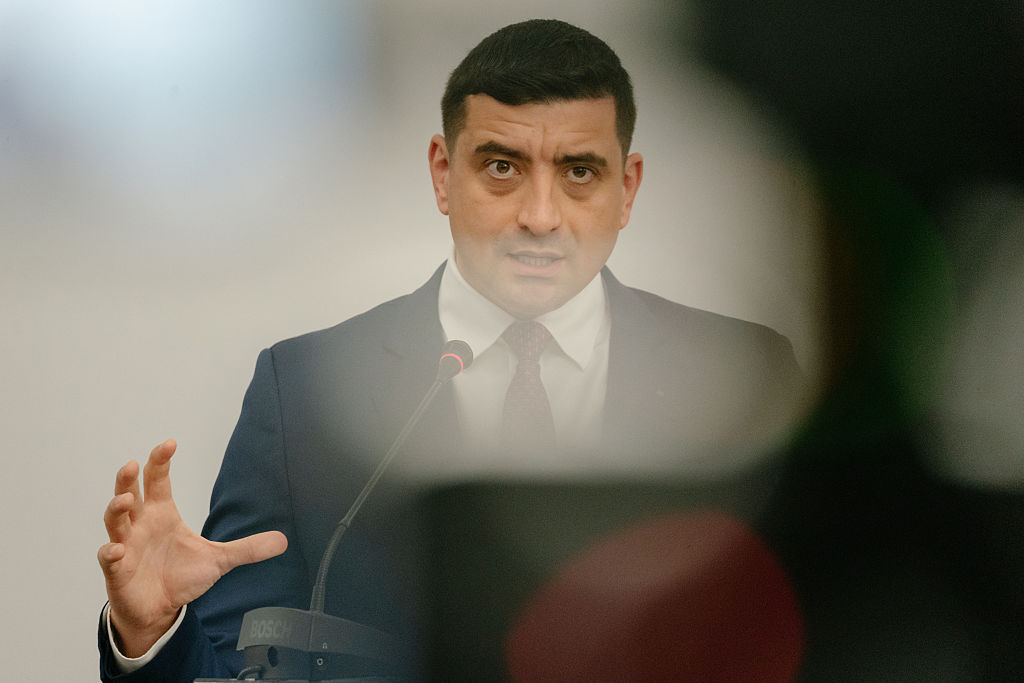Czechia has joined the European countries in re-embracing nuclear energy.
On 4 June 2025, the country’s Supreme Administrative Court overturned a lower court’s injunction, clearing the way for the state-controlled energy company ČEZ to sign a contract with South Korea’s Korea Hydro & Nuclear Power (KHNP). That enables the construction of at least two new nuclear reactors at the Dukovany nuclear power plant.
The decision marked a pivotal moment in the Czech Republic’s energy strategy, which is aimed at reducing reliance on fossil fuels and the replacement of ageing nuclear units.
The deal, valued at approximately €18 billion, represented the country’s largest energy investment to date and followed KHNP’s selection over France’s EDF in a competitive tender process last year.
The Brno Regional Court had previously halted the contract signing in May 2025, following a complaint from EDF, which alleged irregularities in the tender process.
EDF’s challenge, supported by an appeal to the European Commission regarding potential foreign subsidies to KHNP, delayed the project.
The development was seen as critical for the Czech Republic’s goal of increasing nuclear energy’s share from 36.7 per cent to more than 50 per cent of electricity production by 2038.
On June 4, Czech Prime Minister Petr Fiala said he had signed the contract for the completion of the Dukovany facility.
He called it: “One of the largest projects in the modern history of the Czech Republic [which] aims to ensure the energy security and self-sufficiency of the Czech Republic – for today’s and future generations.
“Czech companies will participate in the construction of at least 60 per cent. Contracts covering roughly half of this amount have already been signed.
“The new units will produce electricity at a price of under 90 euros per megawatt hour – cheaper than similar projects in Poland or the UK,” he said.
“Today we have taken a step that will strengthen the Czech Republic for decades to come. “
The Czech Government’s energy policy, updated in 2015, underscored nuclear power as a low-carbon backbone to complement renewable energy sources.
EDF, though, continued to pursue its case with the European Commission. Local concerns about nuclear waste storage have persisted, with a decision on a deep geological repository still pending.





